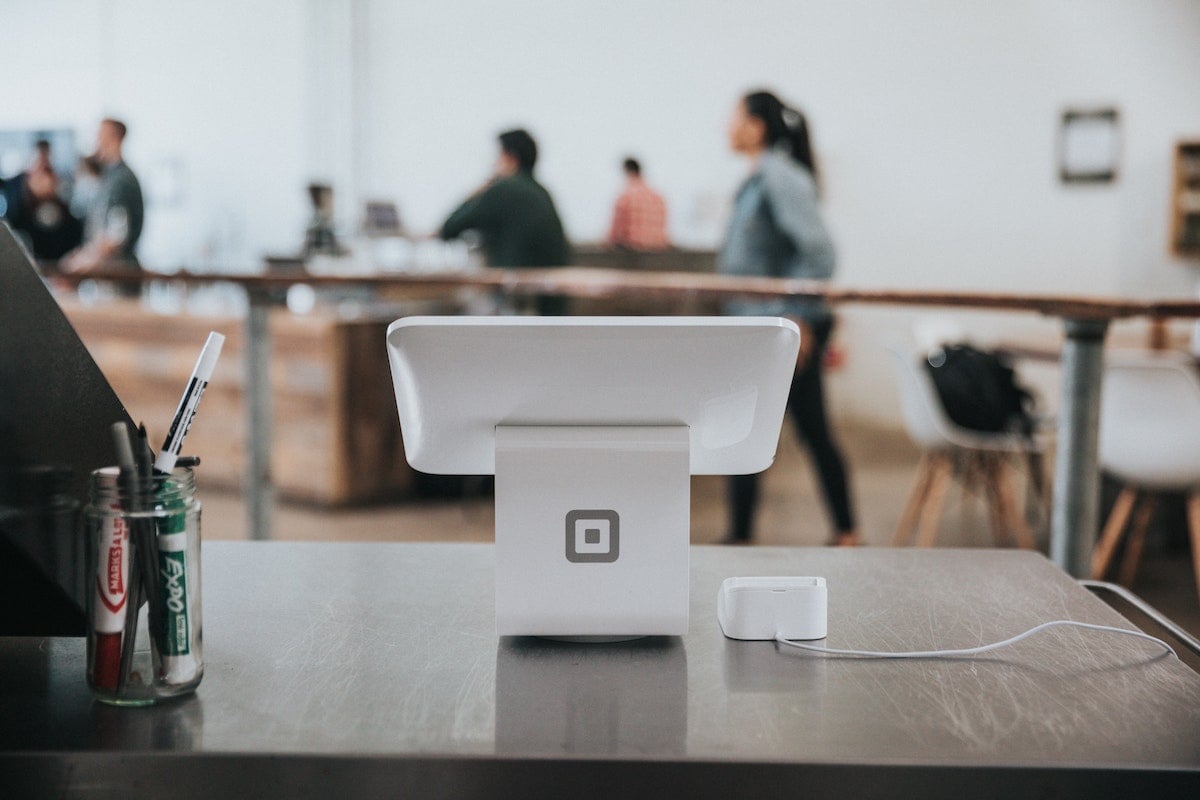Did you know that according to the German Digitalization Index for SMEs 2020/21, around a third of all German hospitality businesses want to expand their business model with digital systems and services in the future? Digitalizing one's own business offers great potential for restaurateurs. But the question arises: What is the best way to approach this project? Digitalizing your own hospitality business requires structured planning and specific strategies. Let us show you how to successfully carry out this project and which 5 mistakes you should avoid at all costs.
1. Everything must work quickly and with only a few clicks
A fundamental mistake made by many decision-makers in a project of this kind is to rush into it. Switching to digital systems in your own company is an ongoing process that cannot happen overnight. Do not regard your project as a task that can be checked off immediately, but rather as a project that requires preparation time and a good deal of patience.
Define clear areas of application that are to be optimized in advance and be sure to plan enough time for test phases of the new systems. Above all, don't be put off by initial difficulties. This is a learning process that will lead you step by step to your goal.
2. Careless selection of the service provider
Simply purchasing individual software programs is far from sufficient to successfully digitalize your restaurant business. In addition to the right selection of technological tools, the appropriate service provider is also crucial. You should not simply be sold a product by your provider, but have reliable contact people who will assist you and support you throughout the entire implementation process.
3. Lack of interconnection between systems
An important criterion you should consider when selecting digital tools is the functionality. The magic word is interconnection. Many individual systems that do not communicate with each other usually have a counterproductive effect and quickly cause you to lose the overview.

That's why it's important that interconnections between systems are in place and that your provider's solutions are also compatible with the systems you already use in your business. As a general rule, the larger your operation, the more interconnected your digital systems should be.
4. Staff are not involved in the process
Cutting-edge technologies in the workplace won't benefit you if your staff don't know how to use them properly. Digitalization in restaurants should first and foremost support your staff and in no way be a burden. That is why preparatory training for your employees is absolutely essential.
5. Fear of high investment costs
A major concern that still exists among many hospitality businesses, in regard to digitalization, is the fear of investment costs being too expensive. "Why should I invest so much money in new technologies? It has always worked without it up until now." Yes, it can certainly also work the old way. But does it promote the growth of your business?
As surveys show, COVID-19 in particular made it clear that digital restructuring has a positive impact on hospitality businesses:
72 %
of interviewees were able to increase their competitive edge through digitalization.
68 %
of businesses achieved higher customer satisfaction.
By using digital tools, your employees can better focus their attention on different tasks, such as looking after your guests, which in turn has a positive effect on your sales.
You can easily calculate exactly what an optimal investment looks like for you, and how high your actual saved costs are as a result of using digital technologies, with the help of our savings calculator.
In the end, everyone benefits from digitalization
As you can see, digitalizing your own hospitality business creates enormous added value in a lot of areas. In the end, you as the restaurant owner as well as your guests and employees, will benefit from the result. It is important that you take the time to devote your full attention to the project right from the start in order to avoid the mistakes mentioned. Then nothing will stand in the way of the digital future of your business.